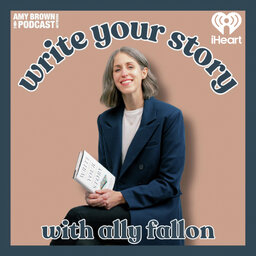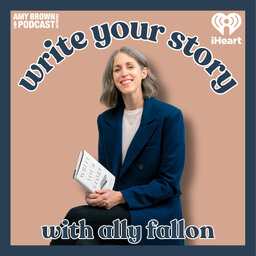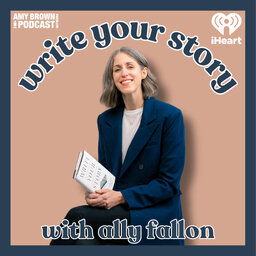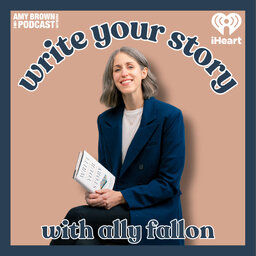WILLIAM PAUL YOUNG: “Who Will Read What I Write?”
If you’ve ever told yourself that writing a book would be futile because “nobody would ever read it” don’t miss this conversation with NYT Bestselling author William Paul Young. With no plans to publish, Paul wrote a story for his wife and six kids. 20+ million copies and a major motion picture later, he stands by who this book was for — which in his words was about 12 people. Connecting wide starts with connecting deep.
Come write your book with me in 2024: abookinsixmonths.com
 Write Your Story with Ally Fallon
Write Your Story with Ally Fallon


